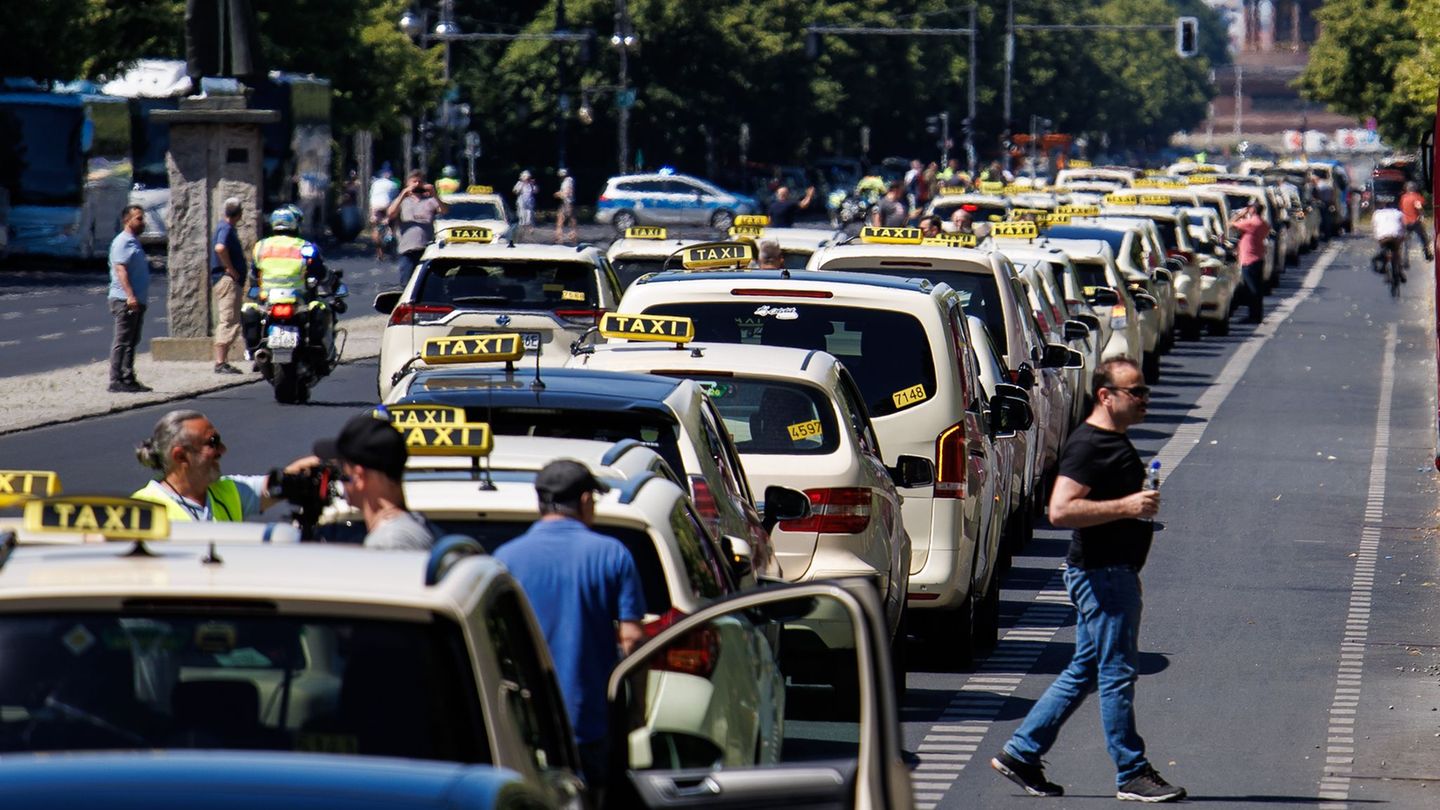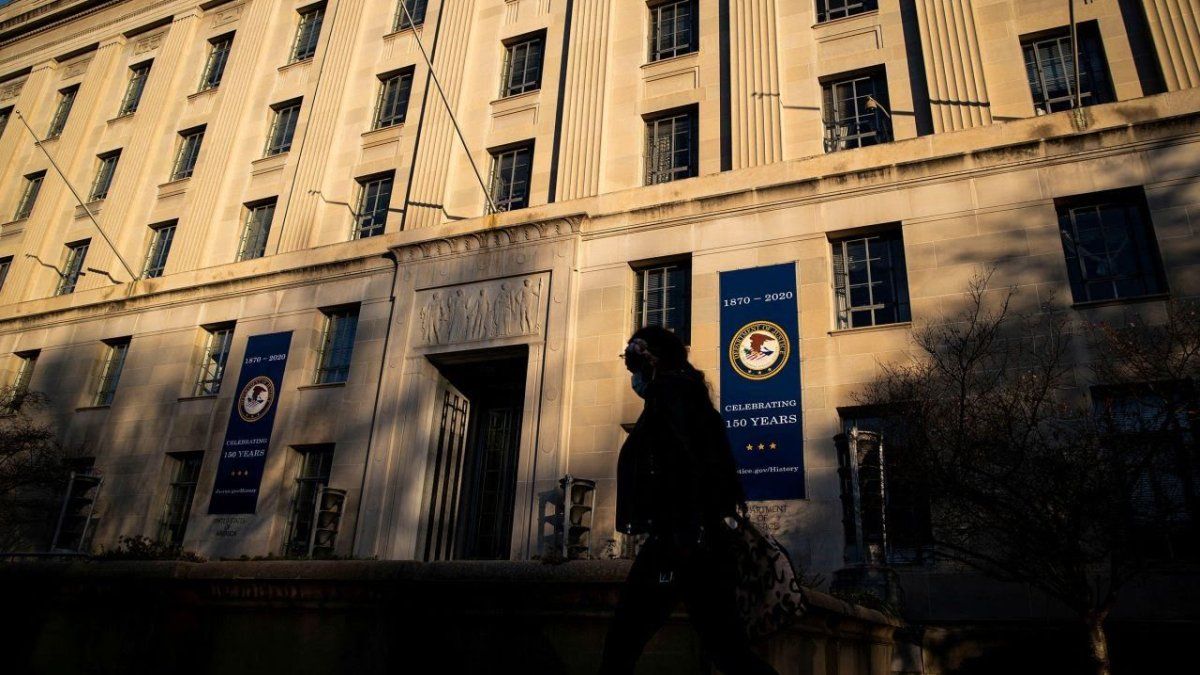The so-called Grain Agreement has been extended several times, but now it could be over. Russia threatens to end the important export deal. What happens then?
The agreement on exporting Ukrainian grain across the Black Sea is threatening to expire on May 18. The negotiations with Russia are said to be stuck. Experts fear severe consequences, especially for poorer countries, should the corridor across the Black Sea no longer function.
What is the agreement about?
After attacking Ukraine, Russia blocked grain exports from the neighboring country. The blockade and sanctions against Russia in 2022 led to sharp price increases for grain and fertilizer, among other things. Before the war, Russia and Ukraine provided almost a quarter of world grain exports. In July 2022, the Black Sea Grains Initiative brokered by the UN and Turkey came about. It allows controlled grain exports from the Black Sea ports of Odessa, Chornomorsk and Pivdennyj (Yushny). Representatives of the UN, Russia, Ukraine and Turkey inspect the shiploads in Istanbul. This is to ensure that only food and no weapons are actually on board.
The initiative also includes a separate agreement between the UN and Russia. In it, the UN promises to do everything possible to remove the hurdles that hamper Russian grain and fertilizer exports.
What’s the problem?
Russia complains that it is not benefiting sufficiently from the agreement and that the sanctions imposed in the wake of the war in Ukraine are hampering deliveries of Russian agricultural goods. Russian fertilizer manufacturers continue to have problems exporting their goods – although the agreement should eliminate that. Kremlin chief Vladimir Putin had called on UN Secretary-General António Guterres to work internationally to ensure that Russian ships can sail unhindered again. There are problems, for example, with taking out insurance for the freighters, but also with payments, because money transfers through the Russian banks, which are subject to sanctions, are difficult.
What has the agreement achieved so far?
According to the United Nations, more than 30 million tons of grain have been exported through the ports so far. Corn and wheat accounted for the lion’s share. The main recipient countries were China, Spain, Turkey and Italy. According to the World Bank ranking, 44 percent of exports went to rich countries and three percent of exports to poor countries. The agreement is not only important for nutrition in many countries – but also for the budget of Ukraine, which has been financially weakened by the war.
What happens when the agreement expires?
If the agreement fails, the Russian navy could prevent the grain from being shipped across the Black Sea. Experts fear that the lack of quantities on the world market will lead to a price increase and possible bottlenecks in poorer countries. Ukraine is one of the major grain exporters. The country, financially weakened by Russia’s war, is also urgently dependent on the income from the sale of grain.
What’s next?
Negotiations are still ongoing. An agreement cannot be ruled out. Since it was concluded in July last year, the agreement has only been briefly interrupted once as a result of a Russian veto. The deal and exports resumed after the Turkish side then brokered a compromise.
Source: Stern
I have been working in the news industry for over 6 years, first as a reporter and now as an editor. I have covered politics extensively, and my work has appeared in major newspapers and online news outlets around the world. In addition to my writing, I also contribute regularly to 24 Hours World.




